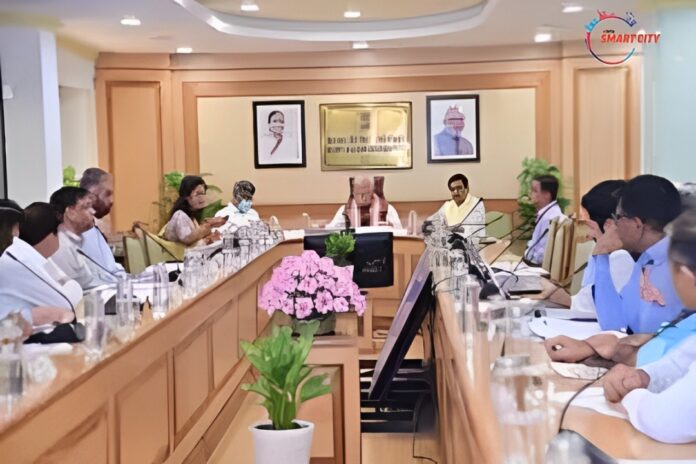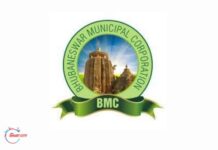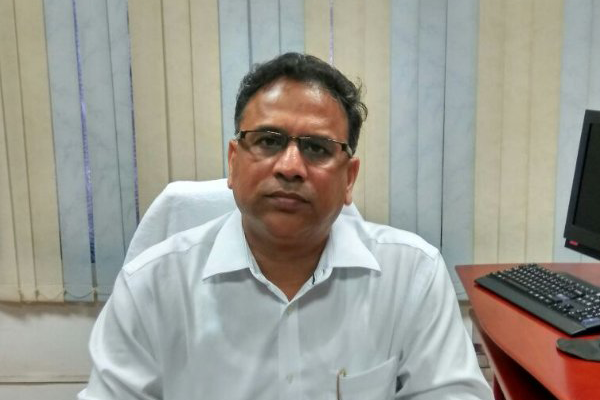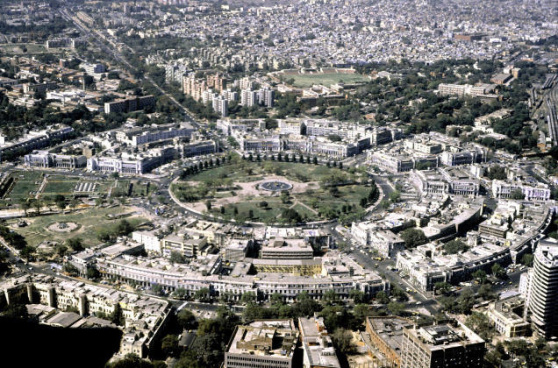
In a major policy directive aimed at sustaining the momentum of urban transformation in India, the Ministry of Housing and Urban Affairs (MoHUA) has released an advisory encouraging the continued functioning and repurposing of Special Purpose Vehicles (SPVs) established under the Smart Cities Mission (SCM). This move recognises the institutional strength, technical capability, and strategic infrastructure built over the past decade.
Launched in 2015, the Smart Cities Mission marked a paradigm shift in urban governance by integrating technological solutions with urban development strategies. A key innovation of the Mission was the creation of SPVs in each of the 100 selected cities, formed under the Companies Act, 2013, with joint ownership between State governments and Urban Local Bodies (ULBs). These entities were entrusted with planning, executing, and managing city-level projects under the Mission.
Over the years, SPVs have successfully demonstrated their capacity to deliver multi-sectoral projects, often within tight deadlines. As of March 2025, more than 93% of the over 8,000 projects sanctioned under the Mission have been completed, with close to 99.44% of the ₹48,000 crore allocated budget disbursed. This institutional development has also contributed to strengthening the urban governance workforce at both the city and state levels.
Another notable innovation under the SCM has been the establishment of Integrated Command and Control Centres (ICCCs) across all 100 cities. These centres have emerged as pivotal tools for real-time governance and urban management, aiding in areas such as traffic control, disaster response, public safety, and solid waste management. MoHUA has urged State governments to further utilise these centres by integrating additional municipal functions and ensuring regular upgrades.
Given the tangible outcomes of these interventions, the Ministry has issued Advisory No. 27, laying down a roadmap for the post-Mission engagement of SPVs and ICCCs. The advisory adopts a dual approach: completing residual Smart Cities Mission tasks and redefining the future role of SPVs in broader urban governance.
Key roles outlined for the repurposed SPVs include providing technology support to ULBs, acting as implementing agencies for state and central schemes, offering consulting services, supporting research and planning, and facilitating urban investment. Importantly, the advisory recommends enabling SPVs to generate service-linked revenues, such as a percentage fee for project planning and implementation services.
Also Read: Bhubaneswar Smart City Expands Helpline Services with 186 New Appointments
States and Union Territories have been encouraged to empower SPVs through appropriate policy frameworks and institutional integration. The advisory also emphasises the need for High-Powered Steering Committees (HPSCs) to map urban development priorities and align SPVs accordingly.
This proactive step by MoHUA, aligned with the broader vision of Azadi Ka Amrit Mahotsav, seeks to institutionalise the progress achieved under the Smart Cities Mission and establish a sustainable model for future urban development in India.





















